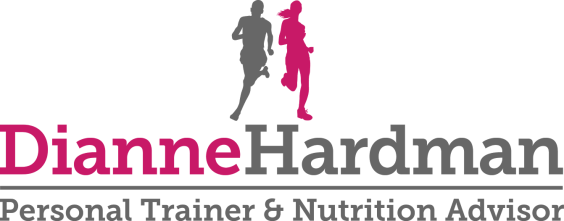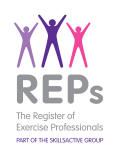Many of my clients train with weight loss as their main goal. Exercise will help you achieve and maintain that weight loss BUT what you put in your body counts for alot. A healthy diet also needs to be a balanced one. Eating too much fat can make us more likely to put on weight, because foods that are high in fat are high in energy too, which is measured in kilojoules (kJ) or calories (kcal). Being overweight raises our risk of serious health problems, such as type 2 diabetes and high blood pressure, as well as coronary heart disease. But this doesn't mean that all fat is bad. We need some fat in our diet because it aborbs certain nutrients. Fat is a source of energy as well as some vitamins (such as A and D) and provides essential fatty acids that the body can't make itself.
Shockingly, research shows a huge increase in the proportion of adults that were obese between 1993 and 2012 from 13.2% to 24.4% among men and from 16.4% to 25.1% among women. Obesity is a greater burden on the UK's economy than armed violence, war and terrorism, costing the country nearly £47bn a year, a report has found. The study, commissioned by consultancy firm McKinsey and Company, revelas obesity has the second-largest economic impact on the UK behind smoking, generating an annual loss equivalent to 3% of GDP.
There are so many diets on the market to choose from, all removing certain foods from the diet and promising the same results - weight loss. I believe that you can achieve the same with healthy eating. It isn't rocket science...its called "Energy Expenditure".
The basics are you need to eat less Kcals (energy) than you are using.
Energy In = Energy Out = Maintain weight
Energy In > Energy Out = Weight Gain
Energy In < Energy Out = Weight Loss.
You can still eat your favourite foods, you just need to decrease the portion size and up your exercise regime.
As a qualified nutrition adviser, I can look at your weekly food diaries and see where changes can take place. I will also look at your daily activities and calculate how many Kcals on average you are using on a daily basis.
The Food Standards agency has created an "eatwell plate" which hightlights the different types of food that makes up our diet and shows the proportions we should eat them in to have a well balanced and healthy diet.
For futher information regarding the Food Standards Agency Eatwell Plate, please click here




